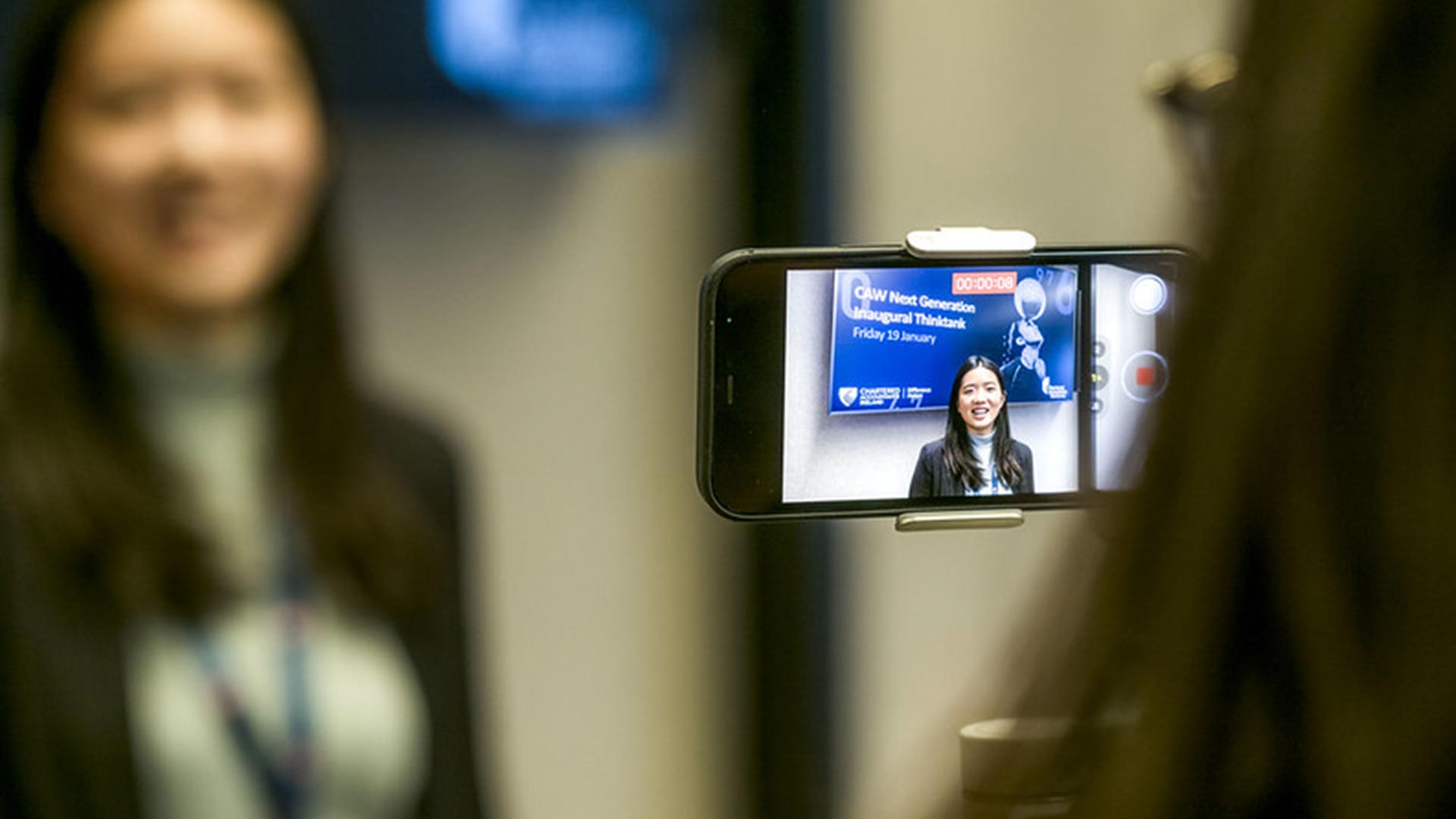Shaping the next phase of work – and beyond

As we embark on shaping the next phase of work, there is a mix of concern and excitement about getting the transition right. Kevin Empey explores what leaders can do with this once-in-a-generation opportunity to mould the future of work here and now.
After overseeing the most dramatic shift to work in modern history over the last two years, leaders are now centre stage again with the expectation to guide and lead organisations through an even more complex and tricky phase of work design. As many have remarked in recent months, it was one thing to get people out of the office against the backdrop of a pandemic and a standard set of rules and guidelines for everyone; it is quite another to get people back to a new model of work that is complicated by choice and continuous comparison with what everyone else is doing.
Three work phases
Most organisations moving to a hybrid or more blended model (remembering that there are thousands of jobs where remote working is not an option) typically agree that we are looking at progressing through at least three phases:
- Experimental: a tentative, almost experimental type experience that is currently underway for many, influenced by the changing realities of COVID-19.
- Transitionary: a more deliberate, test and learn and strategic phase, with a transition to different ‘target’ working models that are more sustainable and hopefully free of the constraints and concerns around COVID-19. Most agree that we are also not likely to get this transition perfectly right the first time.
- Bedding-down: the realities, lived experience and outcomes from the transition to new target models are truly revealed, understood, and implemented over the next couple of years.
On the back of these three phases, leaders need to consider two things:
- The operational and logistical challenge of getting people safely through these phases; and
- The strategic challenge of creating a new work model, associated people processes, and a leadership approach and culture that is ultimately successful and purpose-built for the organisation and its future.
Strategic agility
The exact sequencing of these three phases and two workstreams will differ from organisation to organisation. However, there is one foundational quality that will maximise the success of this change-management experience and prepare the organisation and workforce for further inevitable disruption into the future. That quality is strategic agility.
Strategic agility is a complex, ambiguous, vulnerable leadership challenge for everyone: organisational leaders, managers, human resources, and employees. But the transition to the next phase of work is also an invaluable case study of agility in action – a case study that we can learn from, experiment with, and embed into our ways of working.
The longer-term prize for leaders and employees
Over the next 6 to 12 months, the potential prize for organisations is not just a safe and successful transition to a new, post-COVID-19 work model. It is also about using the learning and experience of this transition (along with the lived experience of leaders and employees over the last 22 months) to help organisations develop and embed more agile ways of working, leading and thinking for the future. Being deliberate about developing these skills over the coming months will give us the ability to deal with any change, uncertainly and disruption. Importantly, it means our leaders and our workforces will be able to flourish and thrive in the longer-term future of work and not just respond and cope from one disruption to the next.
Conscious development of the sustained and deliberate capability of agility at an organisational, team and individual level will be the long-lasting legacy of COVID-19. And this prize can be won through our combined work over the next year as we go through the experience of co-creating new, successful working models and working lives.
Kevin Empey is the Founder and Managing Director of WorkMatters. He is also the author of Thrive in the Future of Work, published in 2021.












